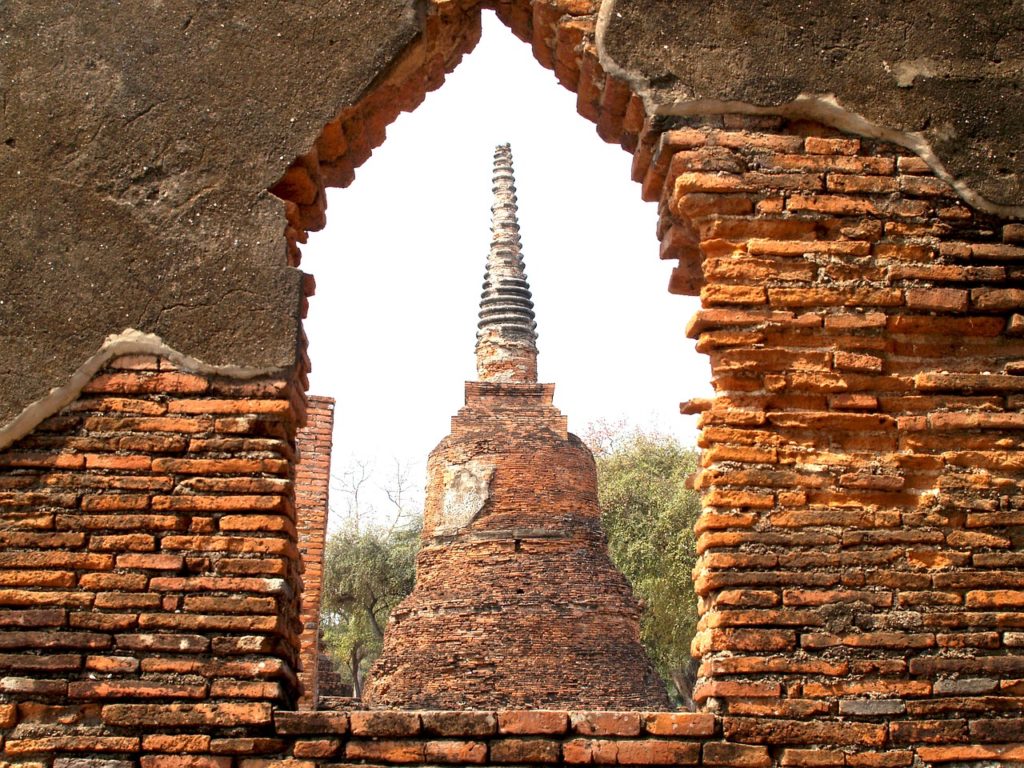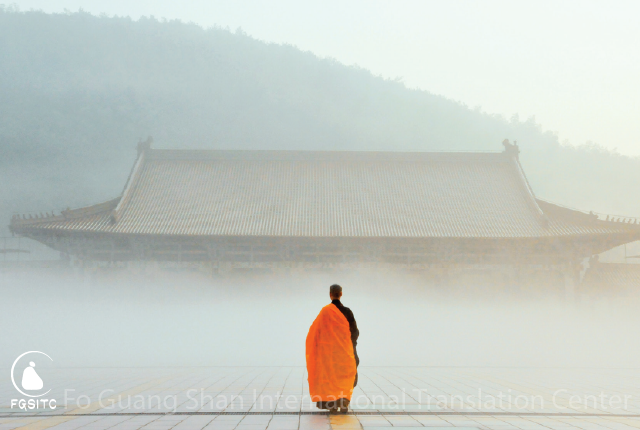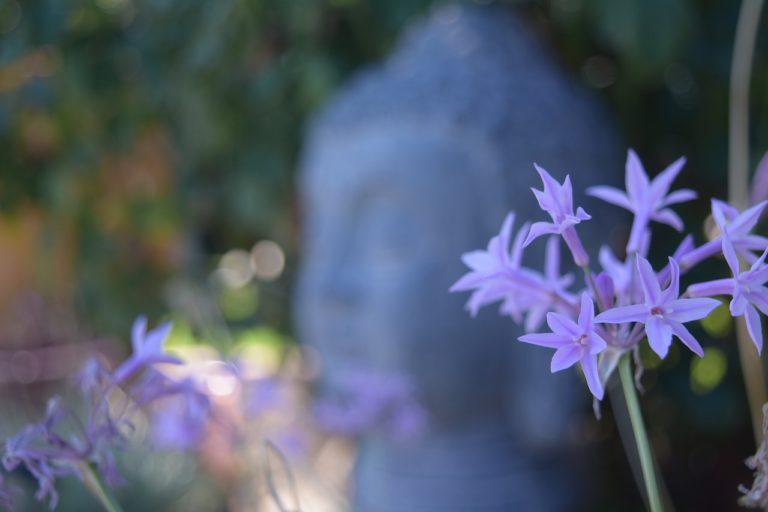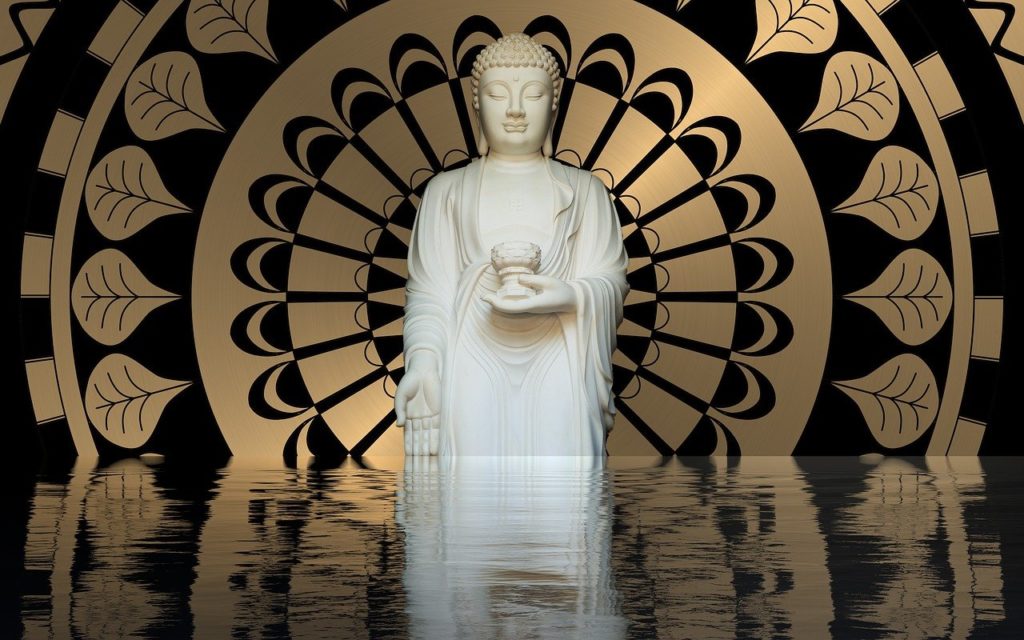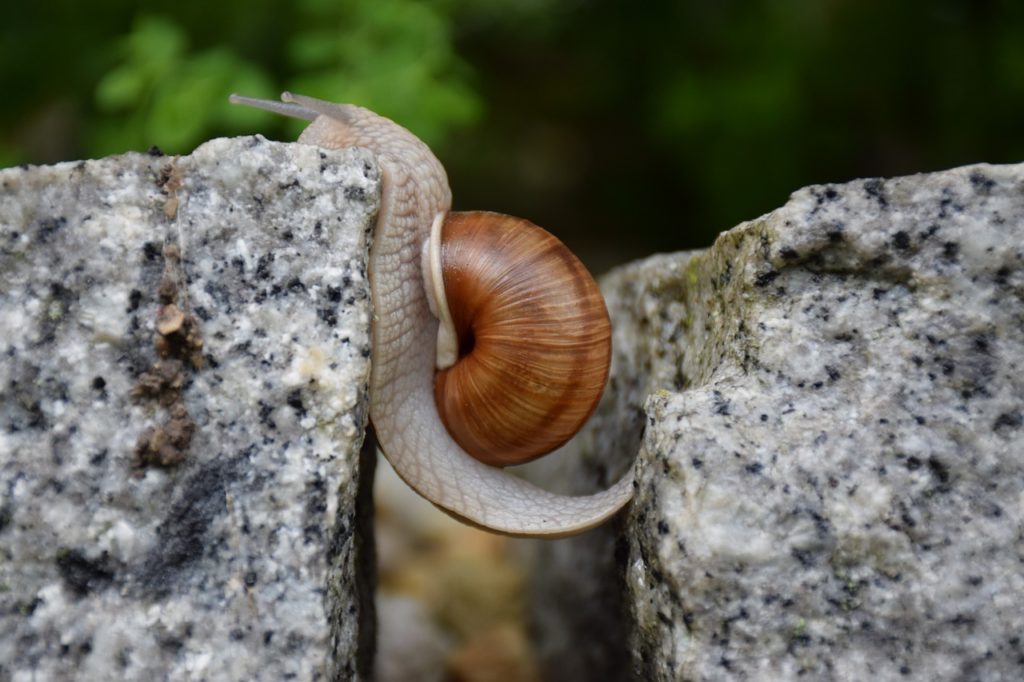
If you keep your practice steady,
morning and night, summer and winter,
there is nothing you can not do
and nothing that can harm you.
— Upasakasila Sutra
The Importance of Being Steady
Laziness and fear of work will get you into trouble no matter where they appear. Laziness is a basic animal tendency that must be confronted the moment it starts. Once you begin to allow yourself to be lazy, it will be hard for you to do anything successfully. Fear or dislike of work leads to a weak state of mind that tries to make quick profits or exploit the labor of others. You may get a leg up in the samsaric world once in a while by avoiding work, but eventually you will bring great harm to yourself. This world is the only place we have in which to practice Buddhism. If you are not practicing Buddhism all the time in everything that you do, you are not really practicing Buddhism, you are playing at it.
It is good sometimes to stress the difficulties of Buddhist practice. Having said that, let us remember as well that every gain made in understanding Buddhism pays back the effort put into it tenfold.
Buddhism is practiced at the point where the mind meets life; and it is practiced in the mind as the mind is stimulated by life; and it is practiced in life where the mind learns everything it knows. We must not let ourselves become inattentive, dishonest or lazy in our practice. There is much for all of us to learn and not one of us will succeed without a steady application of energy to the task.
The Sutra of Bequeathed Teachings says,
If you make a steady effort to progress, you will find that nothing is too difficult. This is because steady effort is like running water; it can even cut through stones. Contrariwise, if you frequently abandon your effort to progress, you will go nowhere. You will be like someone who tries to start a fire by rubbing two sticks together but stops before the wood gets hot. You may desire to start a fire, but you will never succeed.
The Mahaprajnaparamita Sastra says,
Steady progress is the source of all goodness. It gives birth to all good practice of the Dharma which ultimately leads to anuttara-samyaksambodhi [the highest enlightenment].
Steady progress is based on determination. The Treatise on the Awakening of Faith in Mahayana says,
Generally speaking, there are three kinds of determination: determination born of faith, determination born of understanding and practice, and determination born of proven realization.
What Is Progress?
Progress in Buddhism is not something that can be judged or determined in samsaric terms. There is no equation between success in this world and progress in Buddhism. To progress quickly and with as few distractions as possible, a Buddhist should always look to what he is doing, not to what he is getting or how others are treating him.
The Yogacarabhumi Sastra recognizes five basic stages of progress in Buddhism:
The “shielded stage” during which the ambition to progress in Buddhism first appears. It is called the “shielded stage” because the practitioner must be careful to protect himself from temptation and misunderstanding.
The “increased stage” during which the practitioner strengthens his resolve and begins to make vows.
The “stage of self-esteem” during which the practitioner becomes certain of the correctness of his path and does not fear what others may say about him.
The “independent stage” during which the practitioner is able to make steady progress no matter what circumstances he finds himself in.
The “stage of insufficiency” during which the practitioner realizes that he must give his whole heart to his practice and that anything less would be insufficient.
Progress can also be measured by consulting the Fifty-Two Stages of the Bodhi Way or the Thirty-Seven Conditions Leading to Buddhahood. See the Agamas for a good description of the Thirty-Seven Conditions or the Avatamsaka Sutra for a description of the Fifty-Two Stages.
In the end, compassion is the most valuable measurement and guide for all Buddhist practice. Compassion is itself the highest awareness and the highest practice. If you feel any growth in compassion or toward compassion, you can be sure that you are progressing on the path toward enlightenment.
Taking no thought of the body and firm in wisdom and mind,
steadily progressing in the Dharma,
the practitioner will find that he achieves his goal
and that nothing can obstruct him at all.
— Mahaprajnaparamita Sastra
This article was originally published in Being Good, written by Venerable Master Hsing Yun.
Image from Pixabay.




